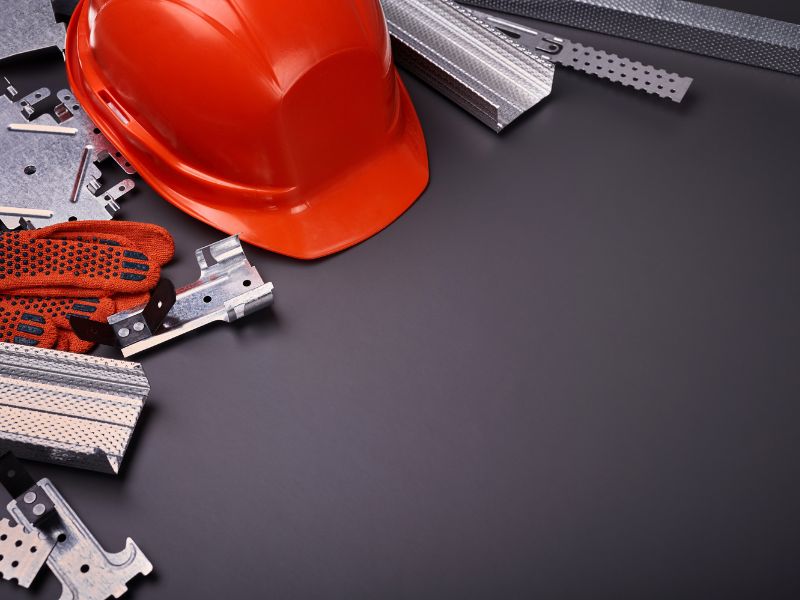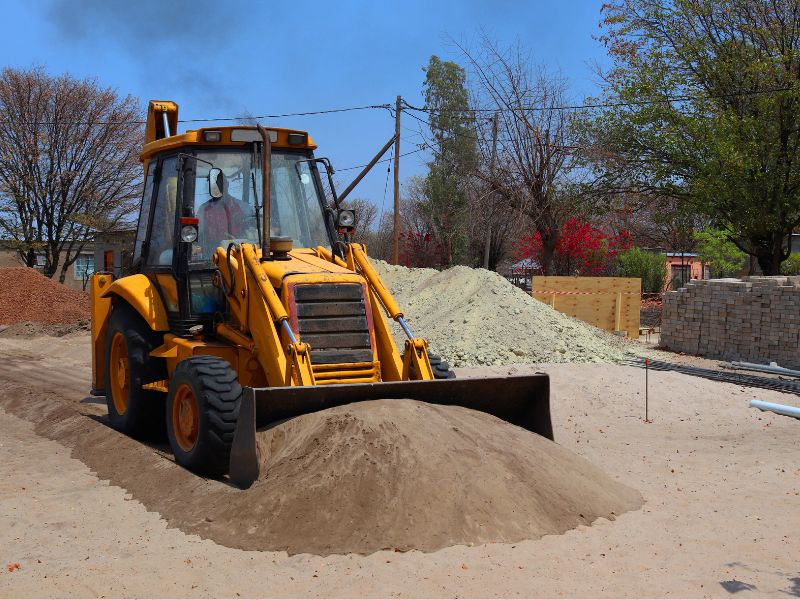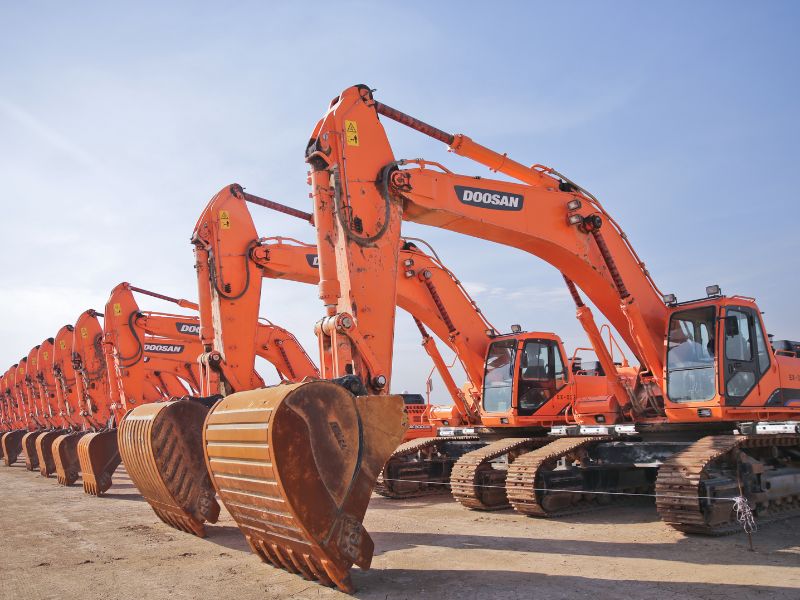Choosing the right construction materials is crucial for the success of any building project. The materials used can significantly impact the project’s performance, aesthetics, cost, and sustainability.
1. Concrete
Concrete is one of the most widely used construction materials due to its high compressive strength, durability, and fire resistance. It is commonly used in foundations, slabs, walls, and columns. However, concrete has a low tensile strength and requires skilled labor for proper installation.
2. Steel
Steel is renowned for its high tensile strength and versatility. It is commonly used in structural frames, beams, columns, and bridges. While steel is durable, it is susceptible to corrosion and requires protective coatings to maintain its integrity.
3. Wood
Wood is a natural and renewable construction material that offers aesthetic appeal. It is commonly used in framing, flooring, roofing, and decorative elements. However, wood is vulnerable to moisture, fire, and pests, requiring proper treatment and maintenance.
4. Brick
Brick is a durable and low-maintenance material that provides excellent fire resistance. It is commonly used in walls, facades, and pavements. However, the installation of brick can be time-consuming, and it offers limited design flexibility compared to other materials.
5. Stone
Stone is known for its timeless aesthetics and durability. It adds a touch of natural beauty to various applications such as cladding, paving, and decorative features. However, working with stone can be expensive, heavy, and requires skilled labor for proper installation.
6. Glass
Glass is a versatile material that allows transparency and natural light penetration. It is commonly used in windows, facades, and partitions to create a modern and open feel. Glass is fragile and absorbs heat, often requiring additional treatments for privacy and energy efficiency.
7. Composite materials
Composite materials, such as fiberglass and carbon fiber, offer a high strength-to-weight ratio, corrosion resistance, and versatility. They find applications in bridges, marine structures, and aerospace projects. However, composite materials can be costly, and their recycling options are limited.
8. ICFs
Insulated Concrete Forms (ICFs) are energy-efficient and offer excellent soundproofing properties. They are easy to install and commonly used in exterior walls and foundations. Working with ICFs requires specialized training due to their unique construction methods.
9. Sustainable materials
Sustainable materials, including recycled materials and renewable resources, are gaining popularity in the construction industry. They offer environmental benefits, energy efficiency, and resource conservation. Green buildings and sustainable projects commonly incorporate these materials. Their availability may be limited, and they often come with a higher initial cost.
To ensure optimal results and safety when working with these construction materials, it is essential for construction professionals to undergo employee training. Construction Plant Training Services offers specialized construction courses that cover the proper handling, installation, and maintenance of various construction materials. By investing in employee training, construction companies can equip their workforce with the necessary skills to optimize the use of these materials, resulting in safer and more efficient construction practices.







